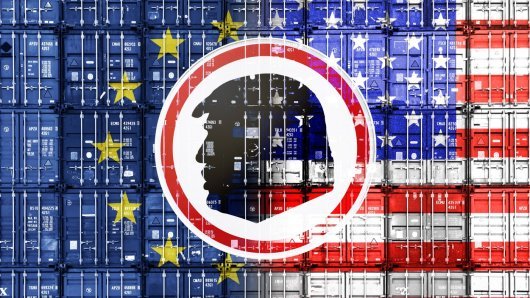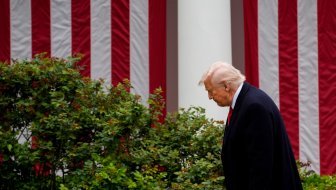Participants in the 4th Vojvodina Convention in Novi Sad on Sunday adopted a declaration on the need to form a "Federal Republic of Serbia" comprised of two republics - Vojvodina and Serbia.
"It is in the long-term interests of all citizens - both Serbs and other peoples and ethnic groups in Serbia and Vojvodina alike, that they continue to live, after the disintegration of the Socialist Federal Republic of Yugoslavia, the Federal Republic of Yugoslavia and the State Union of Serbia and Montenegro, in a common, federal, democratic republic, which they would form voluntarily by expressing their will to do so in a referendum," reads the declaration on the principles of democratic unification of Vojvodina and Serbia into a Federal Republic of Serbia.
The organisers of the convention in Novi Sad, the capital of Vojvodina, were smaller local political parties advocating a revision of the status of Vojvodina and nongovernmental organisations which support Vojvodina's autonomy - Forum V-21, the Helsinki Committee for Human Rights in Serbia and the Regional Centre for Refugees and Displaced People.
"Serbia is a state that has not been completed. Vojvodina and Serbia should be two equal entities in terms of their status, two republics making up the 'Federal Republic of Serbia'," said the vice-chairman of the organising committee of the Vojvodina Convention, Zivan Berisavljevic.
He added that postponing the settlement of the "Vojvodina issue" would inevitably lead to its becoming more serious and internationalised.
The Novi Sad convention was also supported by the strongest party of ethnic Hungarians - the Alliance of Vojvodina Hungarians, whose president Istvan Pasztor said his party supported Vojvodina as an autonomous province of Serbia, with its own legislative and executive authorities, partial judicial authorities, and its own revenues and property.
The Beta news agency said the Democratic Alliance of Vojvodina Croats (DSHV) cancelled its participation in the convention due to the ongoing election campaign and its coalition agreement with the ruling Democratic Party (DS).
DSHV president Petar Kuntic said the party did not think that the people of Vojvodina would benefit from replacing Belgrade's dominance with the dominance of Novi Sad and that it therefore supported decentralisation to the level of local self-government units.
The Novi Sad declaration was not supported by the League of Vojvodina Social Democrats and the ruling Democratic Party either.



































